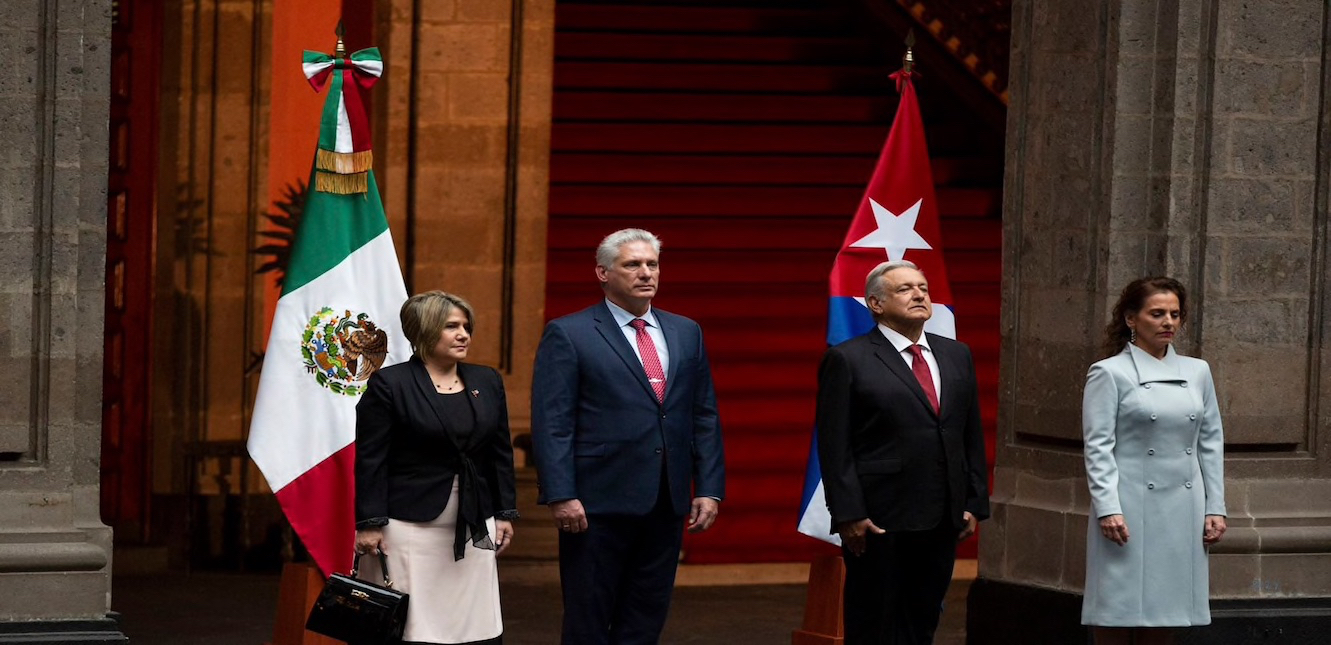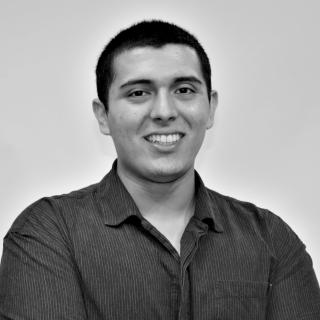
Latin America’s leftist leaders comment on Cuba Crisis
AMLO and Nicolás Maduro came out in support of their Cuban counterparts and condemned the U.S.’s actions towards the island.
Cuba is currently experiencing one of the country’s largest protests in over six decades since Fidel Castro’s communist revolution came into power.
The reasoning behind these massive demonstrations depends on the political narrative of the person being asked.
Politicians from both major parties in America claim this results from the Cuban people being fed up with living under communist leadership.
Sen. Marco Rubio (R-Fla.) is the son of Cuban immigrants, and he took to his social media to suggest how the Biden administration should confront the Caribbean country’s government.
After our meeting with @WhiteHouse yesterday we wrote a follow up to @Potus on 4 specific actions on #Cuba #SOSCubaLibre
— Marco Rubio (@marcorubio) July 15, 2021
pic.twitter.com/hQcXWfhawG
“We must lead the effort to gain approval for a strong condemnation of the regime’s violence against its own people… if they weaponize mass migration against the United States, it’ll be considered as a hostile act and it will be met with a swift and appropriate response,” he said.
President Joe Biden was second-in-command when Barack Obama opened diplomatic relations with Cuba in their second term. After Obama’s visit to the island in December 2014, it seemed like the remnants of Cold War hostility were finally vanishing.
He also campaigned on closing the Guantanamo Bay prison facility, but despite repeated efforts and transferring detainees, he was blocked by Congress.
Donald Trump reversed the country’s tone towards Cuba by reinstating business restrictions, cutting staff from the U.S. Embassy in Havana and placing it back on the list of state sponsors of terrorism.
Following his election victory in November, Biden claimed that “diplomacy was back,” and analysts thought his foreign policy would be much different than his predecessor. That’s especially since he visited Latin America more than any president or vice president in history, and he formed part of an administration that was willing to have open dialogue with the Castro regime.
The president said that Cuba is “a failed state and repressing their citizens” during a press conference with the German Chancellor last week when detailing how he would assist the people on the island during this time.
In June, the United Nations held a vote for the 29th consecutive year to call for the U.S. to lift the trade embargo placed on Cuba.
In the recent vote, 184 members of the General Assembly voted in favor of lifting the blockade while only Israel and the U.S., a permanent member of the UN Security Council, voted against it.
Colombia and Brazil were two of three countries to abstain from voting.
These two governments differ from the rest of the region, who blame the situation in Cuba more on the U.S. blockade and an economy weakened by the pandemic.
Many recognize that the Caribbean nation also has their economy constantly attacked by the Trump administration.
During his presidency, the U.S. restricted remittances and placed sanctions on shipping companies and vessels transporting oil from Venezuela to Cuba. The South American country provided most of Cuba’s oil — as much as one-third in 2019.
Venezuela’s president Nicolás Maduro reaffirmed his support of Cuba’s communist government during a meeting last Monday at the presidential palace.
“The same method of asphyxiation and persecution has been applied to Cuba for 60 years... If the United States and the extremist opponents also in Cuba really want to help the people of Cuba, they should immediately lift all sanctions and the blockade against the Cuban people,” he said.
Maduro has apparently spoken with his Cuban counterpart Miguel Díaz-Canel to say that he will have full backing of his government and that he believes the island will survive the current crisis.
The Venezuelan leader understands the impacts of American led sanctions since his once prosperous country has dealt with them for over 15 consecutive years.
Sanctions placed against the state-run oil company, PdVSA, and the central bank under the Trump presidency, worsened the impacts of the hyperinflation it was already experiencing, but proved unsuccessful in pressuring Maduro to step down.
Former Secretary of State Mike Pompeo regarded Maduro’s 2018 reelection victory as a “sham” and the claims of widespread fraud prompted the U.S. to rally its allies behind opposition leader Juan Guaido in 2020, and regard him as the country’s legitimate president.
Cuba has remained a close ally of Venezuela ever since Hugo Chávez took power in 1999 — the election that started what is known as the “Pink tide,” a political turn towards left-wing governments in Latin American democracies.
Venezuela became a crucial trading partner for the island and one they desperately needed with the Soviet bloc falling in 1991.
Mexican president Andres Manuel Lopez Obrador (AMLO) is a reformist leader who tried to signal an aversion to foreign policy by stating his country’s problems with corruption and drug violence require most of his attention.
RELATED CONTENT
Despite this, he does have the platform to dictate some regional policy, being Latin America’s second-largest economy.
The Mexican president did not listen to the U.S., and chose to not recognize Guaido as Venezuela’s interim president.
He also gave former Bolivian president Evo Morales political asylum in Mexico after he was ousted in a military coup in late 2019 that was supported by the Trump administration.
Diaz-Canel attended AMLO’s inauguration in 2018, and met with him in the National Palace in Mexico City in October 2019, a month after assuming the office of President of the Republic of Cuba.
In April of this year, the Mexican president thanked Cuba for sending around 1,000 health workers to assist the country during the pandmeic.
During his daily press conferences, he was inevitably asked about the ongoing protest the island was experiencing.
“The health situation of the Cuban people should not be used for political purposes… no country in the world should be encircled or blockaded. That is the most contrary thing there could be to human rights,” he said last Monday.
AMLO reassured the Cuban people that he will send humanitarian assistance if necessary and asked his Minister of Foreign Affairs Marcelo Ebrard to closely monitor the situation.
Ebrard commented on Mexico’s relations with Cuba following a UN Security Council meeting on July 16.
“Where extreme sanctions are imposed, are causing serious impacts on suffering and humanitarian conditions that we should all respect,” he said.
The minister also said that because of Mexico’s belief in non-intervention, it is working to reopen relations with North Korea, a country with a more repressive society that is also left out of much of the world economy.
Even during tumultuous times like their revolution or Cuban missile crisis, Mexico has never cut diplomatic ties with the island and they were one of the few countries in the region to do so.
In fact, Mexico played a key role in the Cuban Revolution, with it being the place Fidel Castro fled to after being pardoned by the Batista dictatorship in 1955.
There, he and his brother Raul met their most important collaborator, Argentine military strategist Che Guevara. Together, they worked to overthrow the U.S.-backed government in Cuba.










LEAVE A COMMENT:
Join the discussion! Leave a comment.